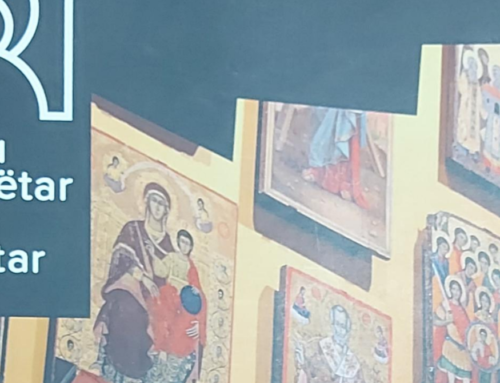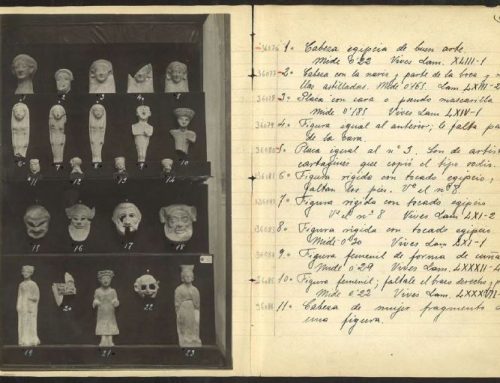In this paper I looked into two totally different experiences of immigration from the local context of Gjirokastra to the Balkans and Italy.
The first case, that of Hadji Leontios Chrestou, was studied by extracting evidence from his testament with its execution acts. In these, one can trace the case of someone who, together with other males of his family, decided to immigrate from a young age to pursue a career abroad. Working together, they managed to establish a network in key trade stations of the Habsburg Empire (Vienna, Trieste and Bucharest). Hadji Leontios Chrestou pursued a career primarily as a wholesale trader, but also as real estate investor and in the business of capital investments. He never got married in the diaspora, yet, his success in immigration appeared to go hand-in-hand with integration in the many places he lived, thanks to which he decided to return a portion of what he earned in a gesture of gratitude.
The second case, that of Eleutherios Hadji Demetriou is quite dissimilar. He left his home city at a rather advanced age, having previously pursued a career in teaching, which set a certain level of living standards’ expectations once in immigration. Having no requisite qualifications or resources to boost himself to success, he wrote a dramatic letter to his fellow patriots shortly before his death admitting his failure in immigration and demonstrating clear signs of inadaptation and non-acculturation.
As I hope to have demonstrated in this study, immigration viewed from the worm’s eyes’ view, i.e., from the psychological level of individuals, was accompanied by a great variety of human emotions leading sometimes to integration, but other times to inadaptation, non-acculturation and nostalgia.





